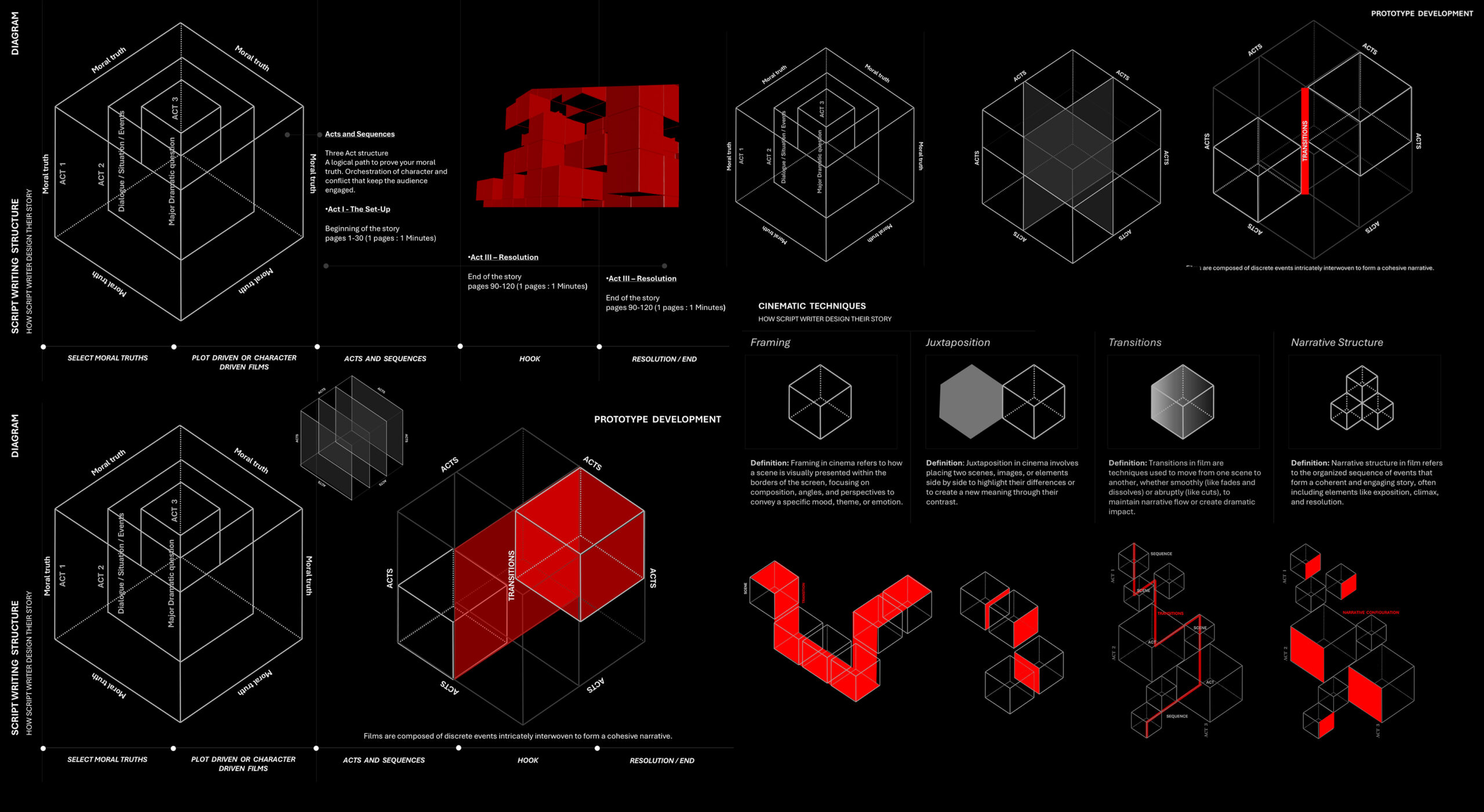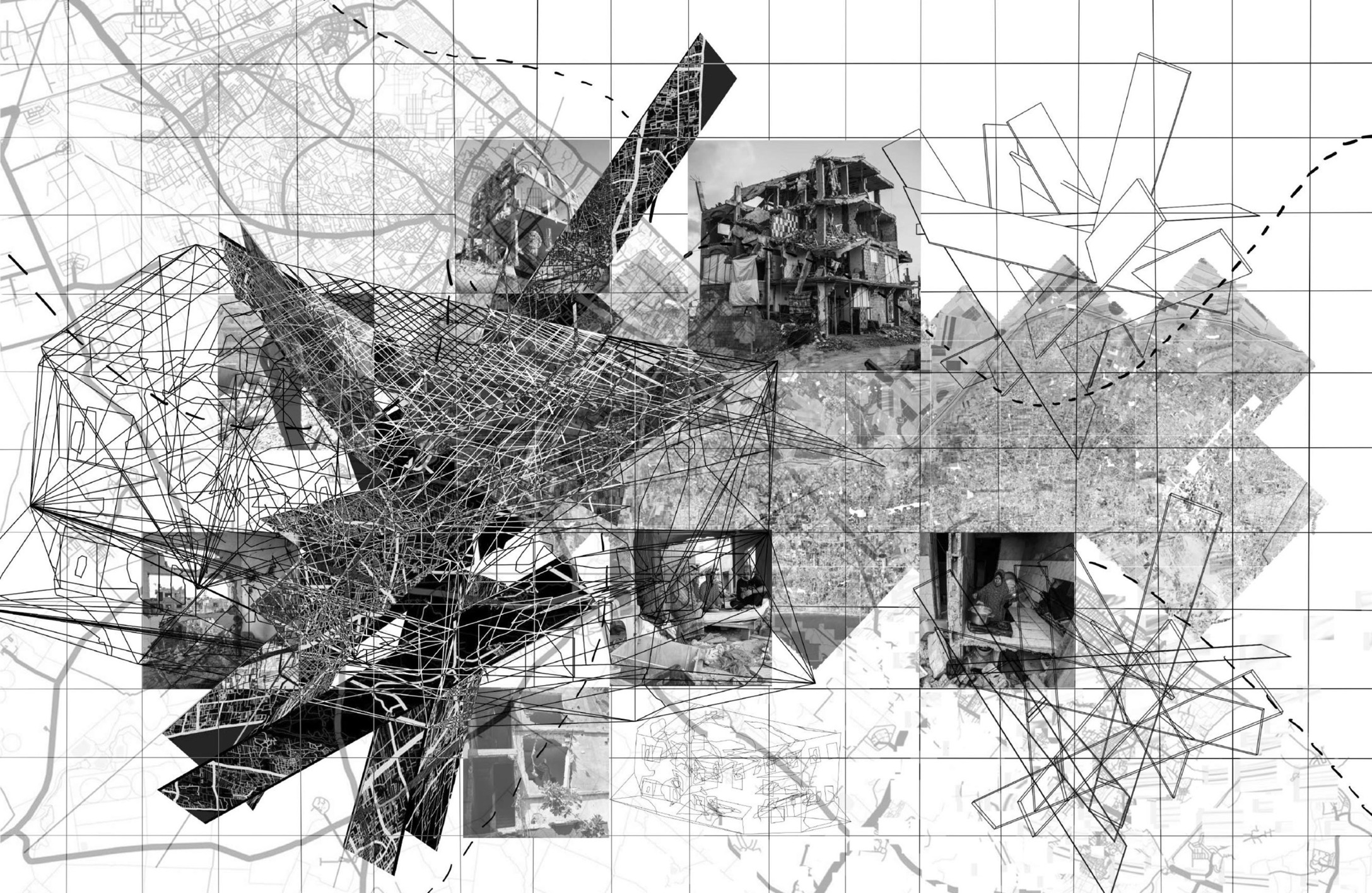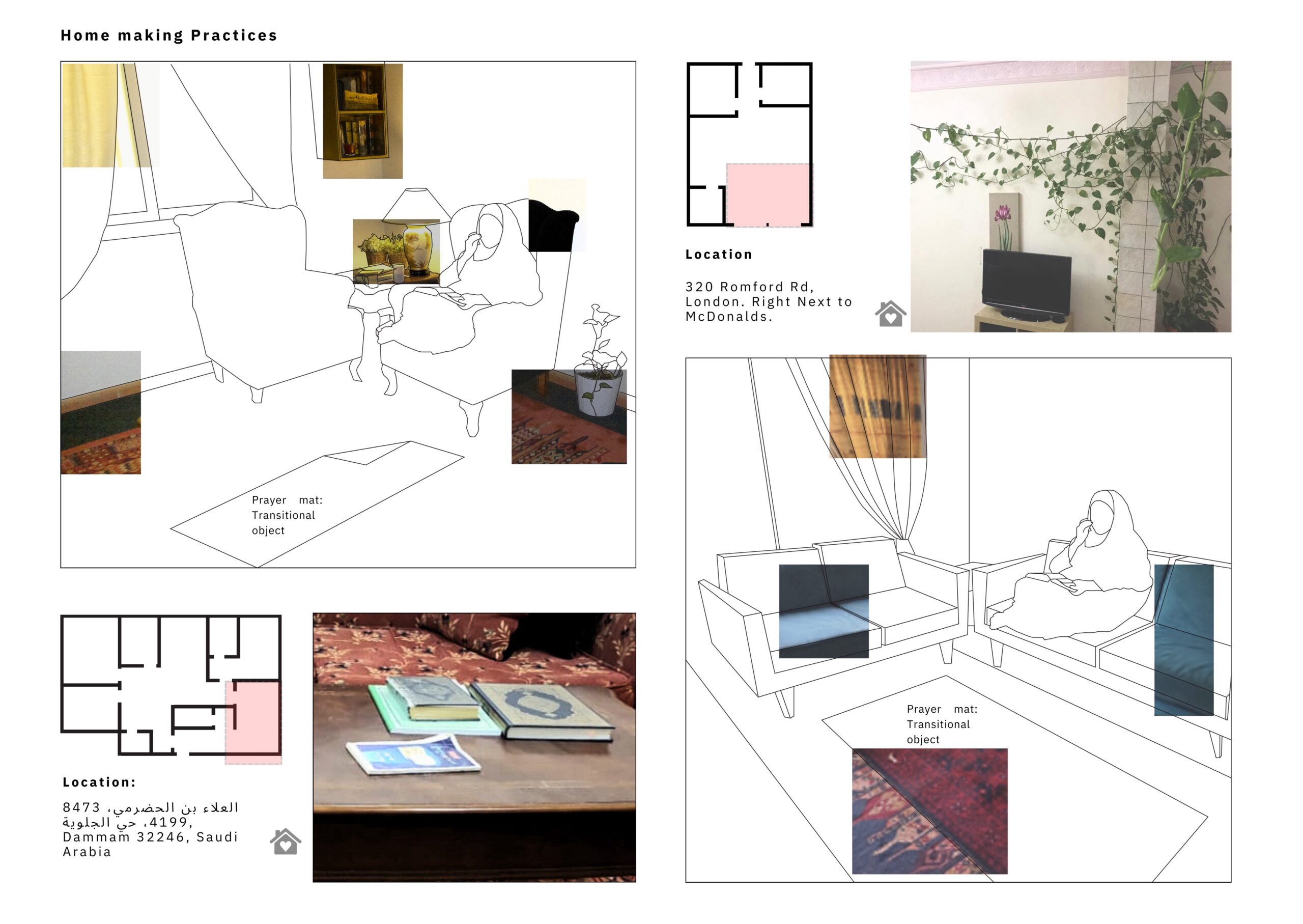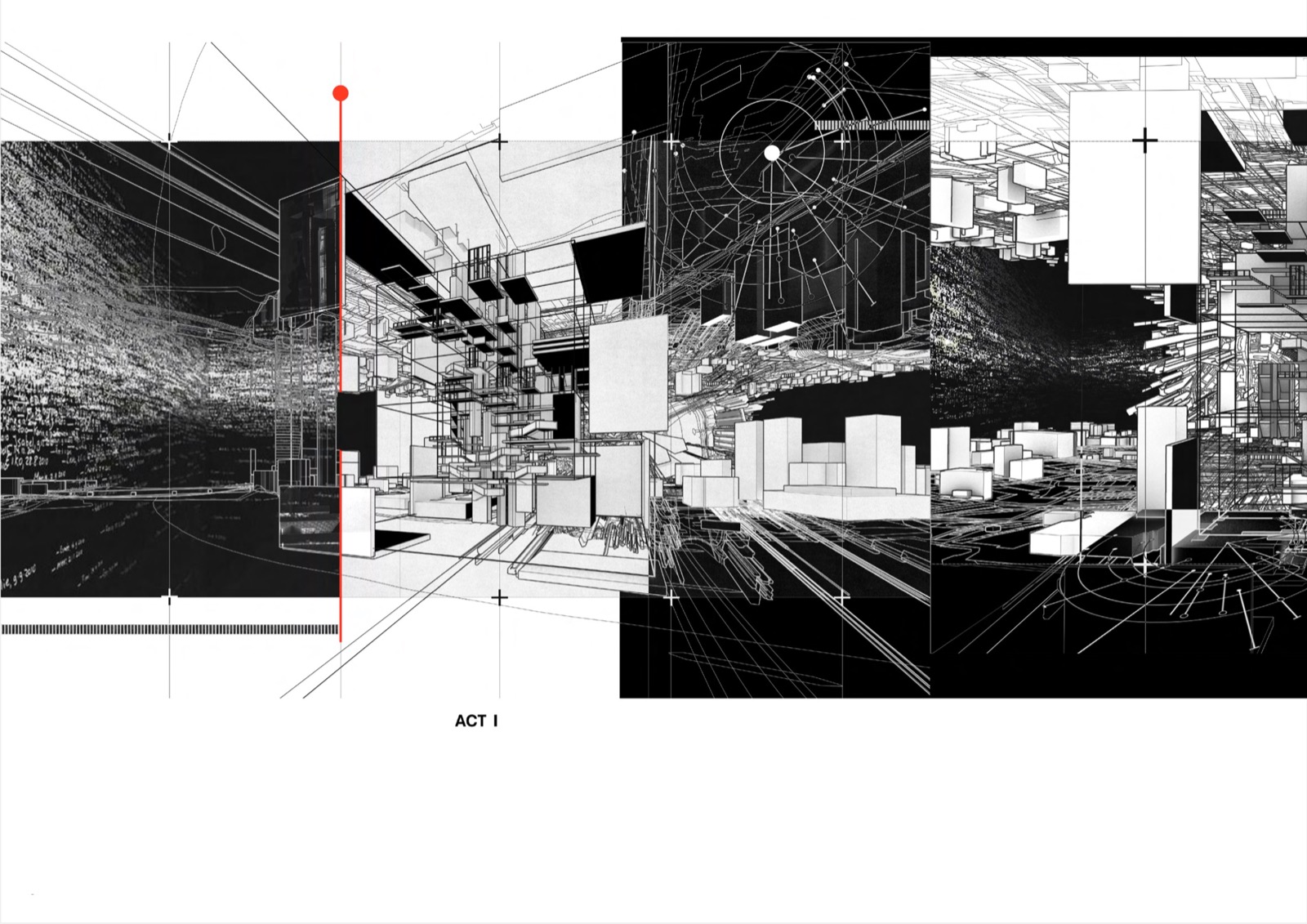MA Architecture Welcome to MORE 2024










Nasser Golzari (Course Leader), Krystallia Kamvasinou, Yara Sharif, Filip Visnjic, Hana Alsaai, Andrew Carr, Beth Cullen, Davide Deriu, Maja Jović, Dirk Lellau, Akma Nazar, Samir Pandya
Nasser Golzari is a senior lecturer and senior partner of Golzari (NG) Architects. His research and build projects have won a number of awards including RIBA Award for Research, Holcim Award and Aga Khan Award.
Krystallia Kamvasinou is an academic Reader, an architect and a landscape architect. Her research on the topic of Interim Spaces and Creative Use has been published widely in academic journals and books.
Yara Sharif is a practicing architect, senior lecturer and partner at NG Architects. Her work reframes architectural practice while exploring contested landscapes. Her book Architecture of Resistance and collaborative work with PART won the RIBA President’s Award for Research.
Filip Visnjic is an architect, curator and a media technologist working at the intersections of art, media and technology. He is editor-in-chief at CreativeApplications.Net, and director at HOLO Magazine.
THE ARCHITECTURE MA course offers a dynamic and unique programme on advanced postgraduate study, combining a high level of design and theoretical investigation with innovative representational methods and critical approaches to contemporary discourses on the subjects of design and theory. The programme is holistic, encouraging strategic re-thinking of habitation at the scale of the city/neighbourhood or focusing on their approach to the scale of an individual building or specific room. Exploring theories and design practices in socio-environmental ecologies, students take issues of globalisation and identity into consideration and engage in conceptual and technical explorations to re-design habitation at macro- and micro-scales.
The different modules on offer encourage alternative modes of study and creative methods in design, representation and research. MA Architecture allows for specialisation in architecture design or theory through its three pathways: Cultural Identity and Globalisation; Digital Media; and History and Theory.
Alternatively, there is an option for students to select and combine relevant modules that meet their personal interests for their career development if they decide to take the two-year post-study visa option of working in the UK and beyond.
The course team of academics and practitioners offers full skills and intellectual support for students to develop their own thesis subject, concluding in a design or written thesis project. The course also offers distinct student awards, including: the Jila Golzari Award for outstanding achievement in one academic year, the Weston Williamson + Partners prizes for Inclusive Cities’ Thesis Design, and Innovative Methodologies for Creative Use of Digital Media and Conceptual Making, offering monetary prizes and the opportunity of working in practice; and the Surjit Cheema Award for the most outstanding and creative piece of writing. The awards are announced at the exhibition marking the end of the academic year.
GUEST CRITICS: Nick Beech, Philip Breese, Andrew Carr, Simon Cole, Richard Difford, Minerva Fadel, Anahita Fathabadi, Katarzyna-Kasia-Kwiatkowska, Joern Langhorst, Phoenix Perry, Mirna Pedalo, Adriana Useche
STUDENTS:
